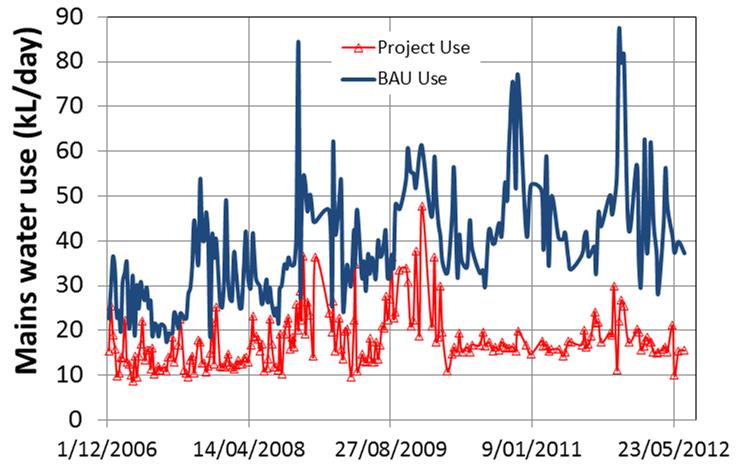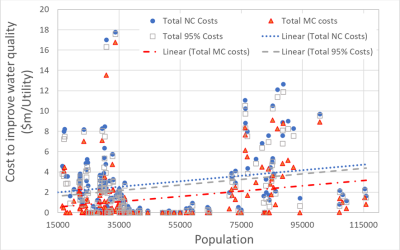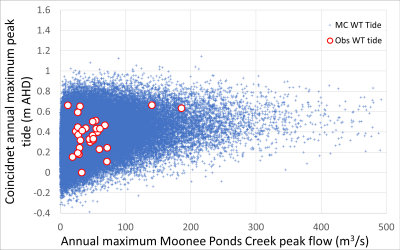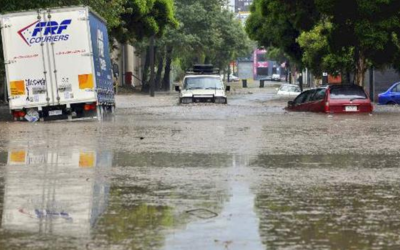 A Decade of Observations of Local Water Cycle Management at the Buderim Escape Project
A Decade of Observations of Local Water Cycle Management at the Buderim Escape Project
Presentation at 1:10 pm on Wednesday 9 December 2015 at HWRS2015 in Hobart. Peter Coombes and Greg Downes
Buderim Escape was designed to minimise impacts on surrounding environments and water resources by utilising rainwater harvesting, water efficient appliances, stormwater retention, vegetation and onsite treatment and reuse of wastewater. The establishment and monitoring of this project occurred over a decade of variable social, policy and climate influences. This investigation provides longitudinal observations about water balances and social processes– a rare opportunity to understand the fate of sustainable designs. The project included supporting guidelines embedded in a council managed town planning scheme and building approvals processes. Most of the sustainable elements of the project were installed and are operating to the satisfaction of residents. The most significant impacts on mains water demands were the establishment of properties and rainfall. The project provides diminished impacts on regional water resources and distribution infrastructure by reducing average and peak demands for mains water by 61% and 68%, respectively. Similarly, the project mitigates impacts on waterways by reducing the volumes (21%) and peak discharges (11%) of stormwater runoff. Importantly, the design of the project avoided construction of infrastructure in the surrounding forests and ephemeral waterways, thereby minimising disturbance of natural assets.






